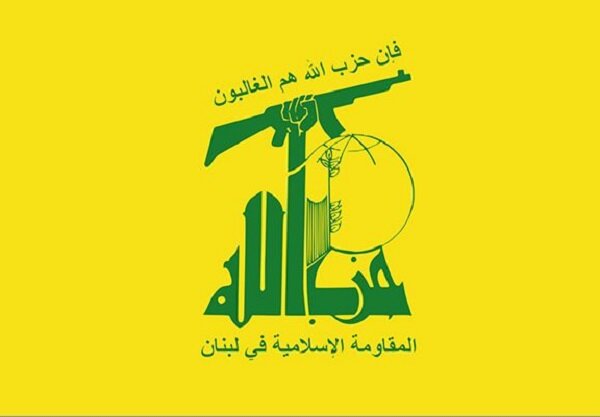30th September, 2024
For two decades, Lebanese from all political walks of life found familiarity in the routine presence of Hezbollah leader Hassan Nasrallah. Whenever significant national events unfolded, Nasrallah would guide the public discourse, pushing Lebanon in the direction he deemed fit. This past weekend, however, marked a stark deviation as Lebanese awoke to a nation teetering on the brink of crisis without the iconic leader who had long dominated their political landscape.
The assassination of Nasrallah by Israeli forces left many in shock, including May Saad, a local social worker who, despite her disagreements with Hezbollah’s political strategies, mourned the loss of a figure she described as a paternal presence in the nation. Nasrallah’s influence was undeniable, whether one revered or reviled him, he was the pivot around which Lebanese politics orbited.
In the immediate aftermath of his death, political figures across Lebanon’s spectrum began bridging gaps, publicly advocating for unity amidst fears that this assassination could plunge the country into turmoil. Hezbollah, a Shia Islamist movement, has long been the most formidable force in Lebanon, wielding significant military and political influence.
The future now hangs in the balance with Nasrallah gone. His leadership maintained a disciplined and cohesive organization, acutely aware of its role in Lebanon’s diverse society. Now, questions loom about potential fragmentation within Hezbollah or a shift towards more radical measures, and whether other factions might seek retribution.
Hezbollah’s history of conflict and its role in the 2000 liberation of southern Lebanon from Israeli forces have earned it a complex reputation. It is seen by some as a guardian of Lebanon against external threats, while others criticize it for exacerbating sectarian divisions and for its aggressive suppression of dissent within Lebanon.
Recent escalations have only deepened these divides. Following an attack by Hamas, Hezbollah’s involvement in the conflict expanded, intensifying with Israel’s broadened military responses—affecting not just combatants but inflaming the already dire economic and political crises enveloping Lebanon.
Now, Lebanon faces dual threats: potential Israeli incursions and internal strife among its own people. The sense of unity briefly galvanized by the conflict’s earlier stages is giving way under the strain of these expanded hostilities.
In Beirut, the capital previously cleaved into Muslim and Christian enclaves by civil war, tensions are palpable. Some community members resist aiding displaced Shia Muslims, citing past grievances with Hezbollah. The killing of Nasrallah has stirred a mix of celebration and mourning, laying bare the nation’s deep sectarian fissures.
Lebanon’s political infrastructure is also under strain, governed by a caretaker cabinet and absent a president for nearly two years. Hezbollah’s enduring social services network remains a pillar in the remnants of the state’s infrastructure, but the group’s current silence and focus on military engagement with Israel suggest a period of introspection and reorganization.
Experts suggest that while Hezbollah remains a formidable force, it is currently introspective, assessing the breaches in security that left it vulnerable. The future of Hezbollah’s leadership is uncertain, with few possessing the charismatic and strategic capacity of Nasrallah. Potential successors like Hashem Safieddine, a hardliner with deep ties to Iran, are being considered, but the path forward remains fraught with challenges.
As Lebanon grapples with these unfolding crises, the international community watches closely, aware of the profound implications Nasrallah’s assassination holds not only for Lebanon but for the broader stability of the Middle East.

